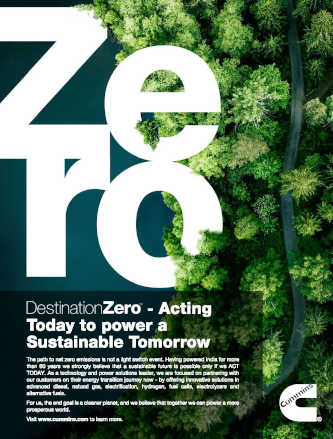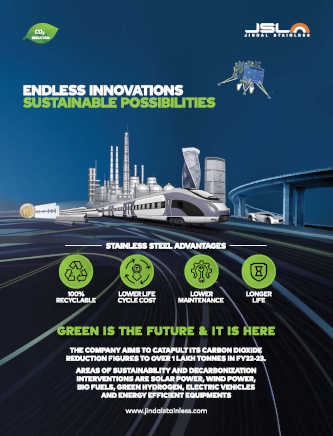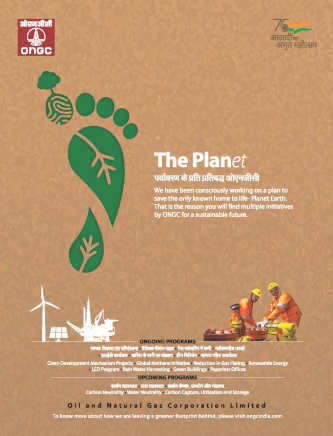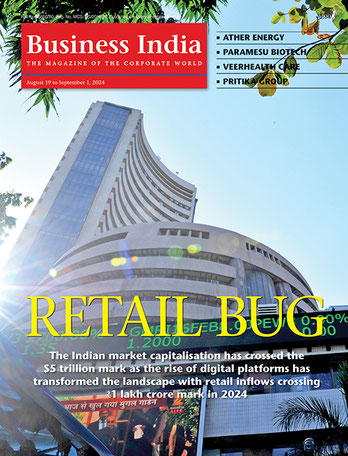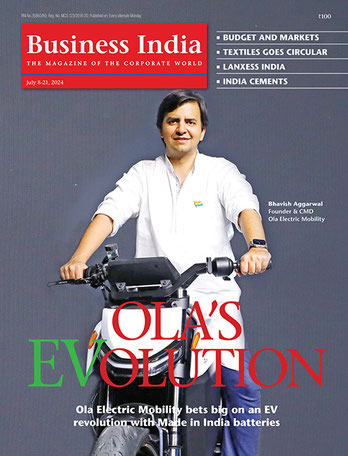Global packaging company Tetra Pak is collaborating with its customers and others around the world to fulfil its vision that all beverage cartons can be collected for recycling, so that none is trashed. Working with waste management companies, recyclers, municipalities, industry associations and equipment suppliers as well, it has been developing sustainable recycling value chains over the years. This is to realise its 2050 ambition along the entire value chain: lowering energy-related emissions through energy conservation, improvements in energy efficiency, installing onsite solar photovoltaics and purchasing renewable energy.
The Lausanne, Switzerland-headquartered company, which has its largest plant outside Sweden in Chakan near Pune, was founded on the idea that a package should save more than it costs, says Lars Holmquist, its executive vice president packaging solutions and commercial operations. Sustainability has always been at the core of how the company operates as a business; so it has been collecting data on energy use and GHG emissions from across the organisation every year since 1999 and, over the past seven years, even giving these accounts to an independent third party to audit.
Having announced commitment to reach net zero greenhouse gas (GHG) emissions in its own global operations by 2030 so that it can achieve net zero GHG emissions for the entire value chain by 2050, Tetra Pak is focusing on four key areas to reach net zero GHG emissions across its own operations by 2030.
Since 2011, it has invested over €16 million in energy efficiency, installing about 8,000 panels to delivering low-carbon electricity to tune of 2.7 MW. The company’s use of renewable electricity has grown from 20 per cent in 2014 to 69 per cent in 2019, and it is on track to achieve its 2020 target of 80 per cent.
-
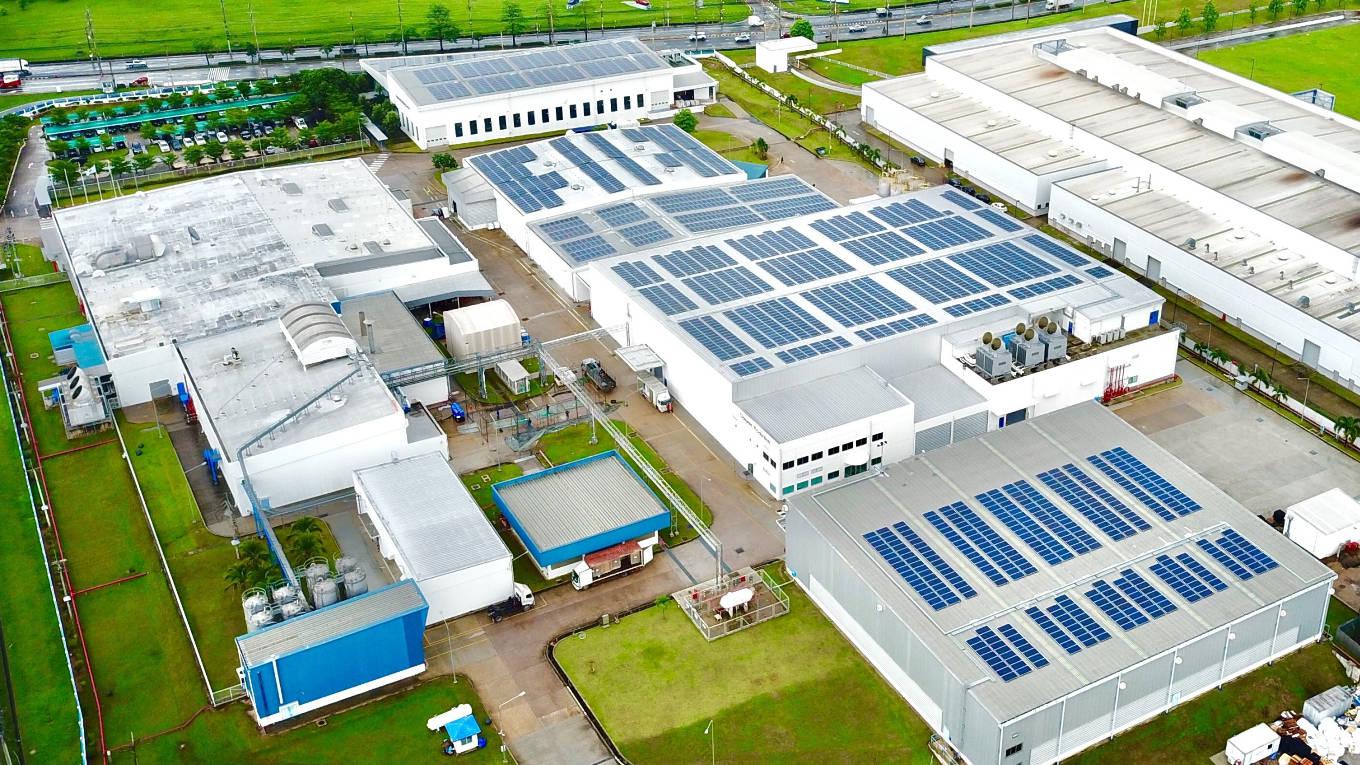
Solar roofing at the India plant


